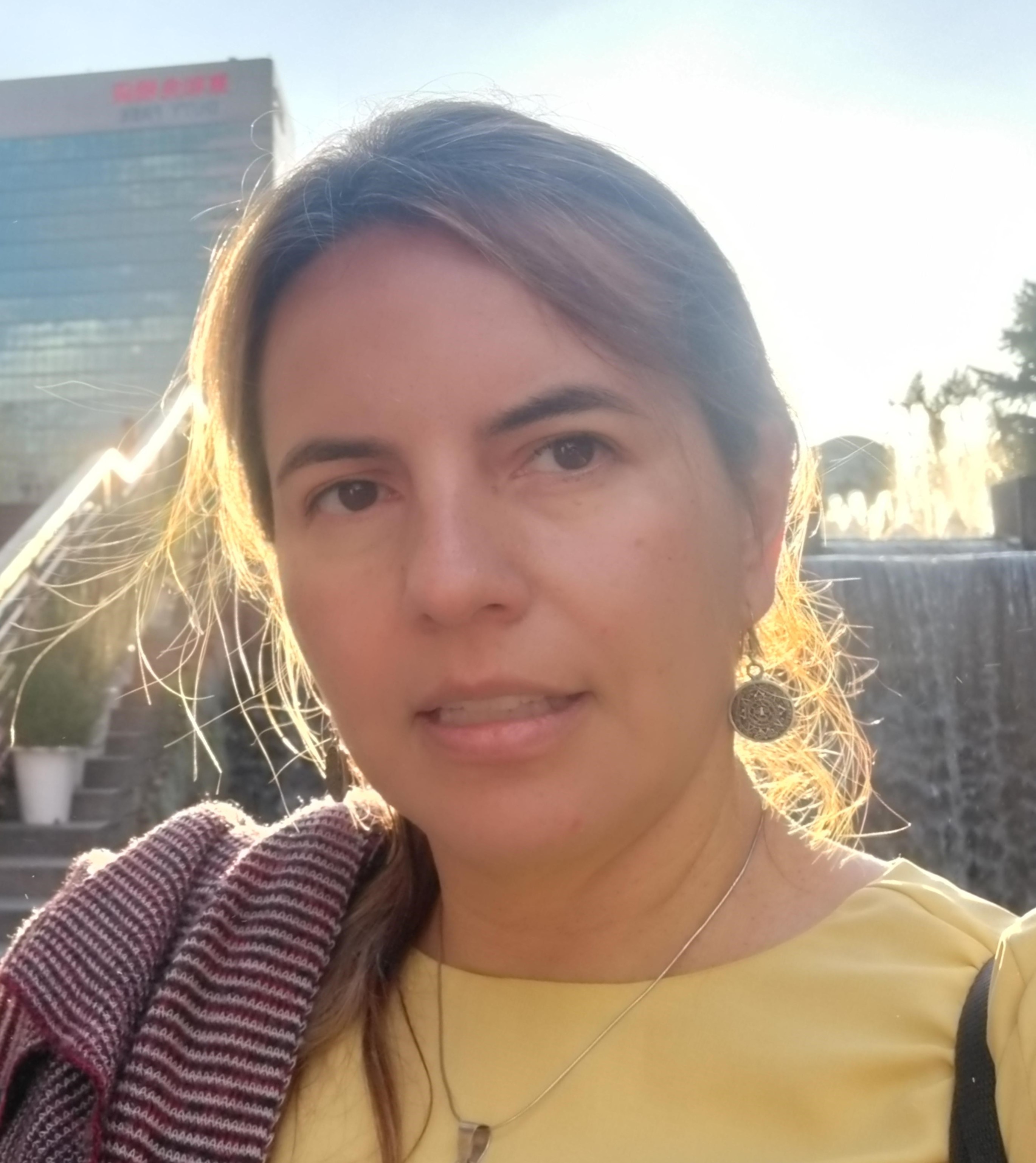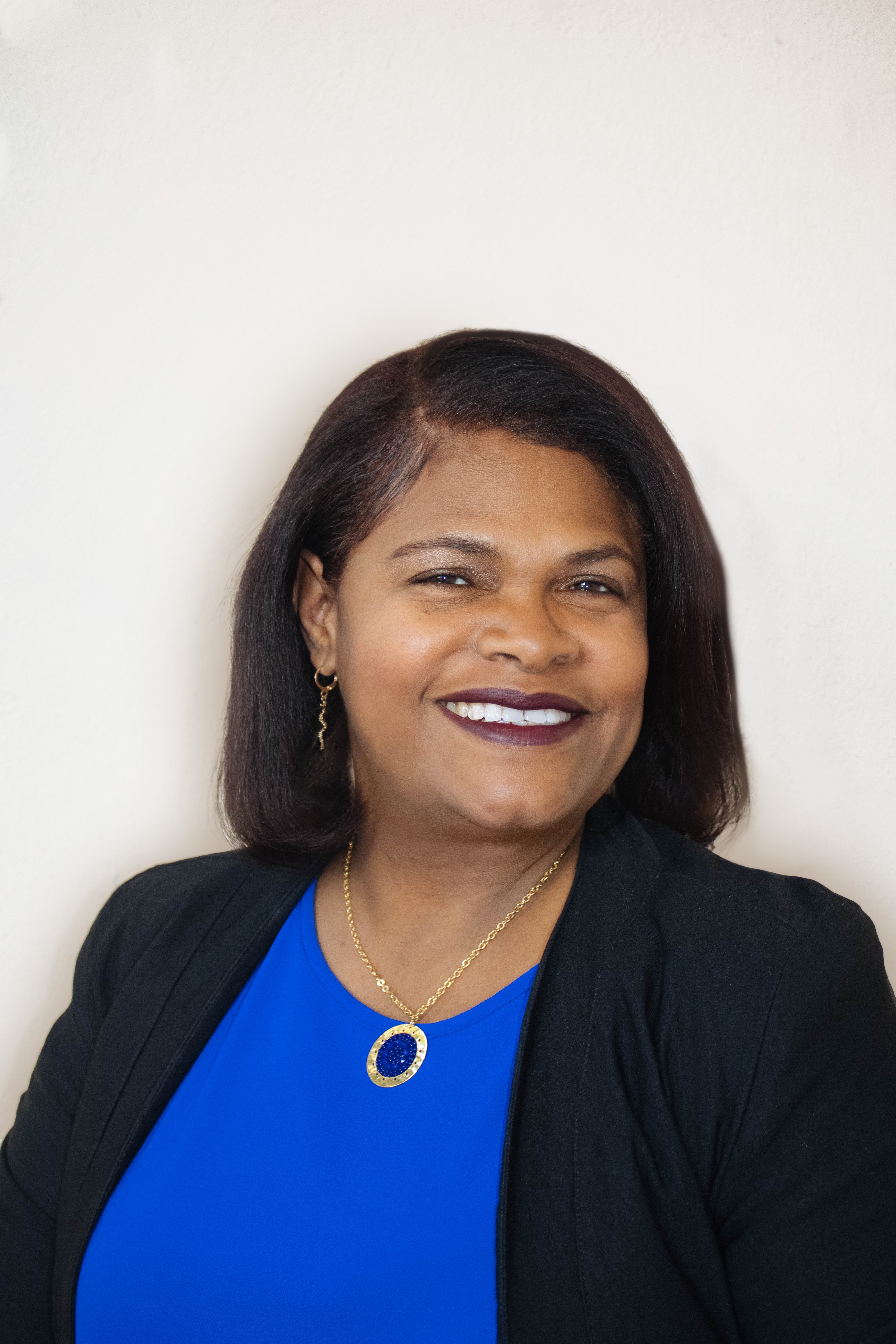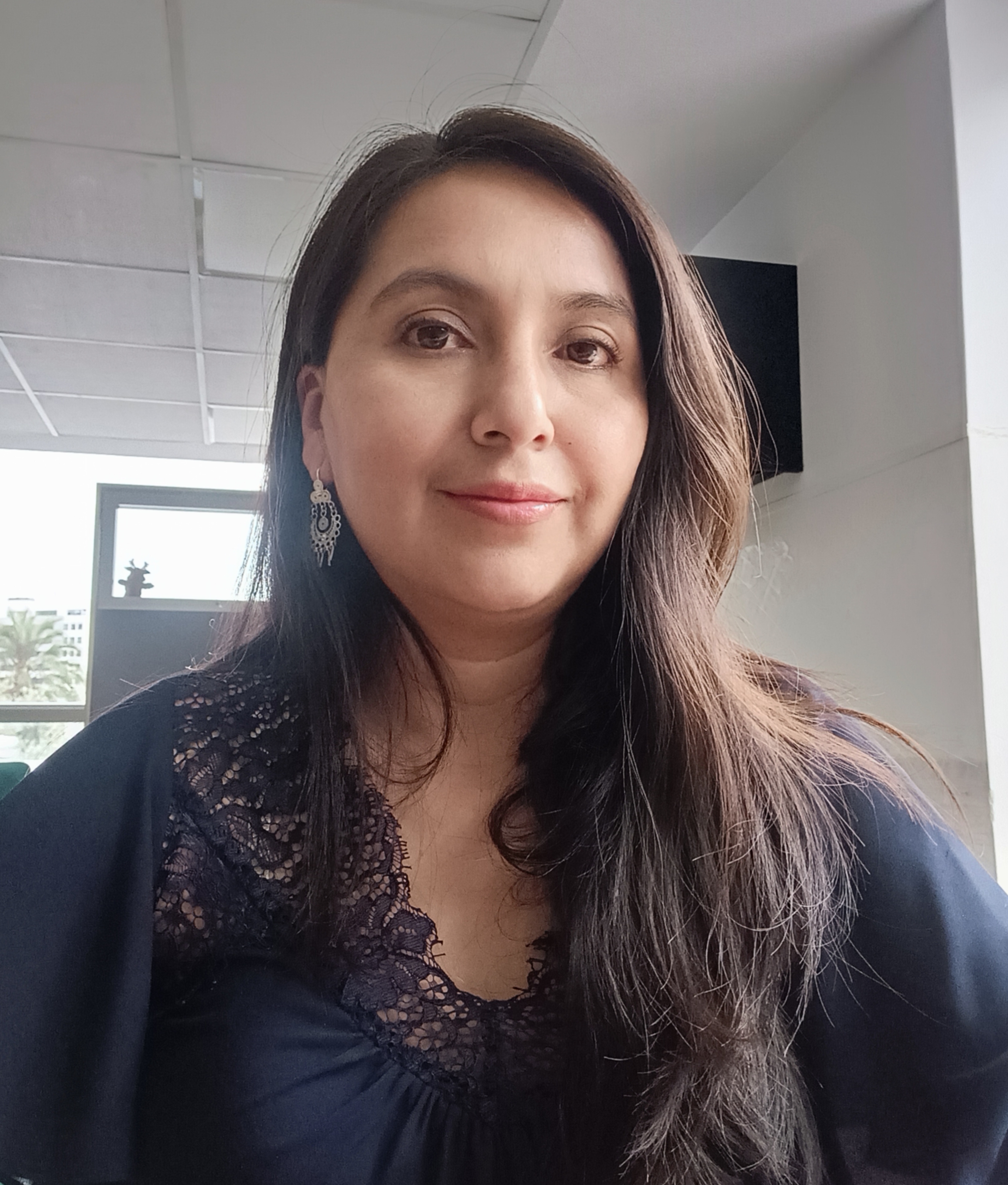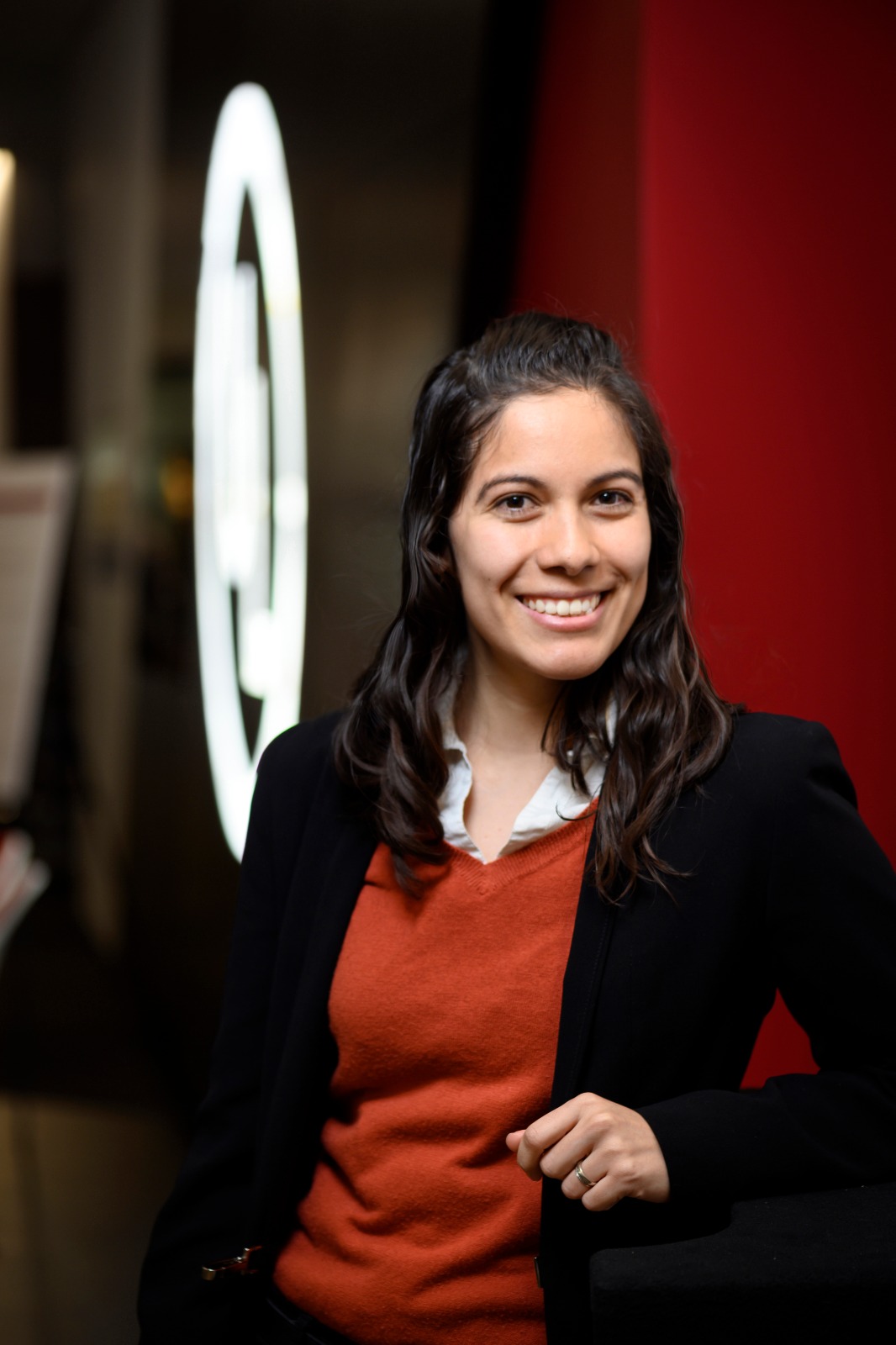Globally, women and girls have gradually increased their participation in various spheres of public life. However, in science, technology, engineering, and mathematics (STEM) fields, the influx of women has been more complex. In 2020, women made up 39% of the global labor force but only were 33% of researchers.
In honor of International Women’s Day, we spoke with female STEM professionals from various countries in Latin America on the challenges they have encountered in their careers, the advice that helped to guide them when they were starting out, and the advice they have for young women entering STEM fields today.
We had the honor of speaking with Luisa Pallares Wilches, standardization professional from Instituto Colombiano de Normas Técnicas y Certificación (ICONTEC) in Colombia; Gabriela Mora, standardization specialist and chemical engineer at Instituto Ecuatoriano de Normalización (INEN) in Ecuador; Sabrina Khrebtov, standards specialist at UL Standards & Engagement in Canada, originally from Mexico; and Mercedes Suero, head of the Department of Engineering and Science Standards at Instituto Dominicano para la Calidad (INDOCAL) in the Dominican Republic. Read their responses below.
What are some of the challenges you have faced in your career?

Wilches: “The biggest challenge I faced was my own fear. The fear of whether I had the capabilities to pursue a career in engineering and if I was good enough to make it. Over time you realize that some things are easy, others are not, but you find the strength to face the challenges that come your way.”
Mora: “The biggest challenge at the beginning of my career was to get the same opportunities for job growth and equal pay as men because in Latin America, there is still a mentality that women cannot perform the same activities, despite having the same intellectual abilities.”
Khrebtov: “I was compared to my male counterparts in Mexico (who happen to be the majority), where things work differently, and processes run much slower than in Canada and the U.S.”

Suero: “In my early days, just after graduating from university, I started managing a team of 13 men, all engineers. In a short space of time, I was promoted to coordinator, which was not well received by any of them. My promotion was achieved based on merit, commitment, and responsibility for work. I got pregnant at that time, which was quite a challenge since the working conditions were not suitable for a pregnant woman, traveling to different parts of the country and without having the support of the team because I was a woman. At a critical point in my career, my work team challenged my authority by openly stating that my job position required a man with the preparation they had, at which point I had to take drastic measures to be able to maintain my position and demonstrate my achievements for merits and talent.”
What is the best advice you received when you were starting out in your career?
Wilches: “The best advice I received was, ‘be persistent, don’t give up,’ and ‘there is always something to learn from the people around you and the situations that happen to you that can help you face the challenges that arise.’”

Mora: “The best advice I received was the insight that respect should exist between people regardless of their gender, and that being a woman does not mean that I have limitations in achieving what I set out to do at a professional level.”
Khrebtov: “Life is about trials and errors. What comes at the end of the road is a long journey of things we may love or hate. That gets us closer to where we want to be and what we want to become: our best selves.”
Suero: “In my career, I have surrounded myself with friends and colleagues who have always motivated me to trust in my skills and to recognize my achievements; in moments of lack of motivation, seeing the results of my work and trusting in my abilities have been my fuel to keep going.”
What advice can give to young women and girls who are interested in pursuing STEM fields?
Wilches: “Be confident in yourself – in who you are. If you want it, go for it.”
Mora: “STEM is usually categorized as complex and difficult and this can cause fear; however, the advice I would give to girls who want to venture into STEM is to work hard on a day-to-day basis and not limit themselves to the established prejudices that boys are better at science and math.”

Khrebtov: “It may feel like women are the minority, but we are slowly crowding the place. My current team has seven women already! Don’t be afraid to try something you have never even heard of. The man next to you is probably scared to death but is more than willing to try and fail. Stand up and try yourself first!”
Suero: “Be part of the change, trust your inner voice, and have confidence in your abilities. Women are part of the future and, if we stand together against gender inequality in STEM, we will break down all the barriers that stand between us and our goals and build a better tomorrow for ourselves and other future generations of girls.”
Advancing women in STEM through gender-responsive standards
At UL Standards & Engagement, we are committed to helping advance women in STEM fields through developing gender-responsive standards and achieving greater gender balance, representation, and inclusion in our standards development process.